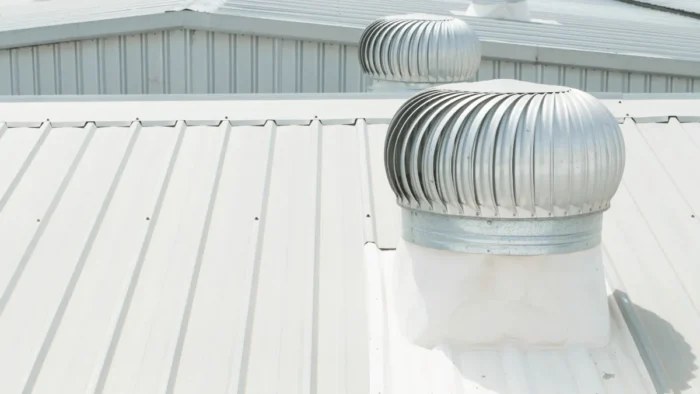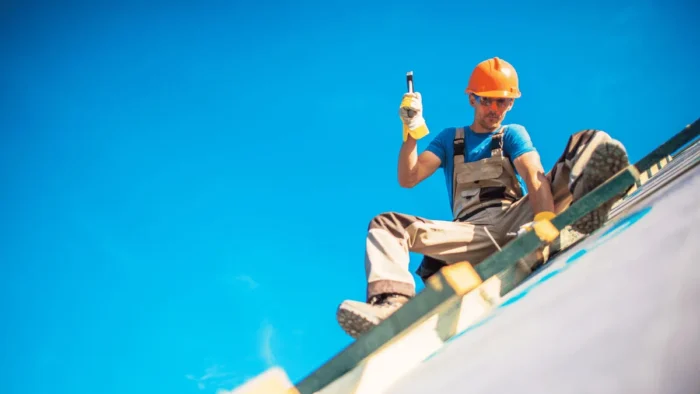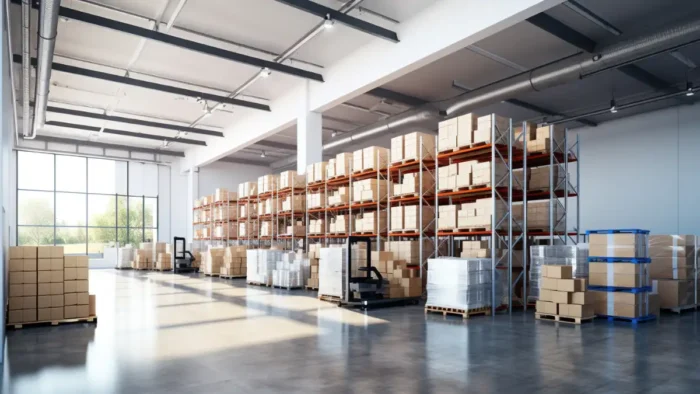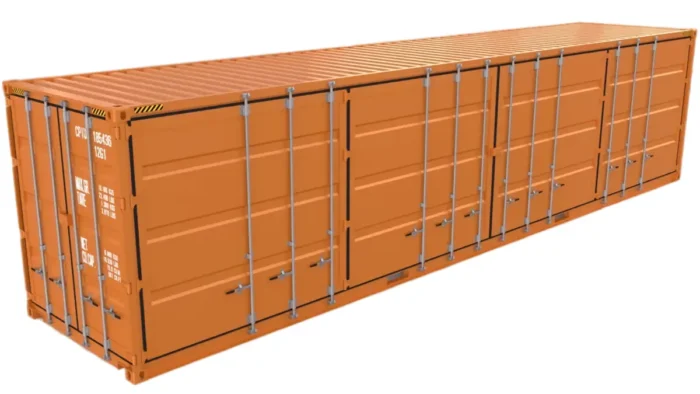Commercial roofing systems are a crucial aspect of any commercial building. The right choice can ensure the safety and protection of the building, its occupants, and the assets inside. However, choosing the right commercial roofing system can be daunting and confusing. With so many options in the market, it’s essential to have a comprehensive understanding of the various factors that impact decision-making.
In this blog post, we will explore 6 essential factors that you should consider while choosing the right commercial roofing system.
1. Building Structure
By considering the building structure, you ensure a long-lasting and efficient roofing solution. An appropriate roofing system minimizes the risk of leaks, damages, and the need for frequent commercial roof repairs. Additionally, it helps maintain the integrity of the structure, ensuring its longevity and structural stability. Moreover, later, if hiring commercial roof repairs, you will have a much easier time tackling the issue, than if you didn’t consider the structure type of your building.
When selecting a commercial roofing system, the building structure plays a crucial role. It is imperative to choose a roofing system that harmonizes with the structure and design of the building. For example, a built-up roofing system might not be the optimal choice for a building with a flat roof. Hence, it is highly recommended to engage the services of a professional roofing contractor who can evaluate the building structure and suggest the most suitable roofing system that complements the existing design.
2. Climate and Environmental Factors
The climate and weather conditions of the building location play a significant role in selecting the right commercial roofing system. For instance, a roofing system that works well in a cold climate may not be suitable for a building located in an area with high humidity levels.
The roofing system’s durability and strength should also be determined based on environmental factors. Therefore, ensure that you choose a commercial roofing system that can withstand the harsh weather conditions of your building location.
3. Roofing Materials
The roofing materials used significantly impact the performance, durability, and aesthetics of the roof. A knowledgeable and reliable commercial roofer will have expertise in working with a wide range of roofing materials and can guide you in selecting the best option for your specific requirements.
The roofer’s familiarity with different materials allows them to assess factors such as climate, building structure, and budget, and recommend suitable options accordingly. They can provide valuable insights into the pros and cons of each material, helping you make an informed decision. Whether it’s asphalt shingles, metal roofing, EPDM, PVC, or other options, an experienced roofer can ensure proper installation and optimal functionality.

4. Maintenance and Repair
No matter which roofing system you opt for, regular maintenance and repair are vital to ensure its longevity and peak performance. Hence, it is crucial to evaluate the maintenance and repair requirements of the intended roofing system. Prioritize selecting a roofing system that is easy to maintain, reducing the hassle and costs associated with upkeep. Additionally, consider the availability of local repair services for the chosen roofing system.
By factoring in maintenance and repair considerations, you guarantee the continued functionality and durability of your roof. Routine maintenance helps identify and address potential issues promptly, preventing them from escalating into more significant problems. Furthermore, accessible repair services in your local area ensure timely assistance and swift resolution of any roofing concerns.
5. Energy Efficiency
With rising energy costs, energy efficiency should be a top consideration when choosing the right commercial roofing system. An energy-efficient roofing system can reduce the building’s energy consumption, lower energy bills, and improve the building’s overall sustainability. Therefore, choose a roofing system that offers excellent insulation properties, low solar absorption, and reflective properties to reduce the building’s overall energy consumption.
6. Contractor Experience and Expertise
A contractor’s experience demonstrates their familiarity with various roofing systems, installation techniques, and industry best practices. It signifies their ability to handle different types of projects and navigate potential challenges that may arise during the roofing process.
An experienced commercial roofer brings valuable knowledge and insights to the table. They can assess your specific roofing requirements, evaluate your building structure, and recommend the most suitable roofing system for your needs. Their expertise allows them to identify potential issues and propose effective solutions, ensuring optimal performance and longevity of your roof.
Conclusion
Choosing the right commercial roofing system involves considering several factors that impact the building structure, environmental factors, roofing materials, maintenance and repair requirements, energy efficiency, and contractor expertise. These factors can be overwhelming, but with our guide, we hope that you can make an informed decision about the best commercial roofing system for your building. Remember, a well-installed and maintained commercial roofing system can protect your building, its occupants, and assets and offer long-term value for your investment.





